08:52
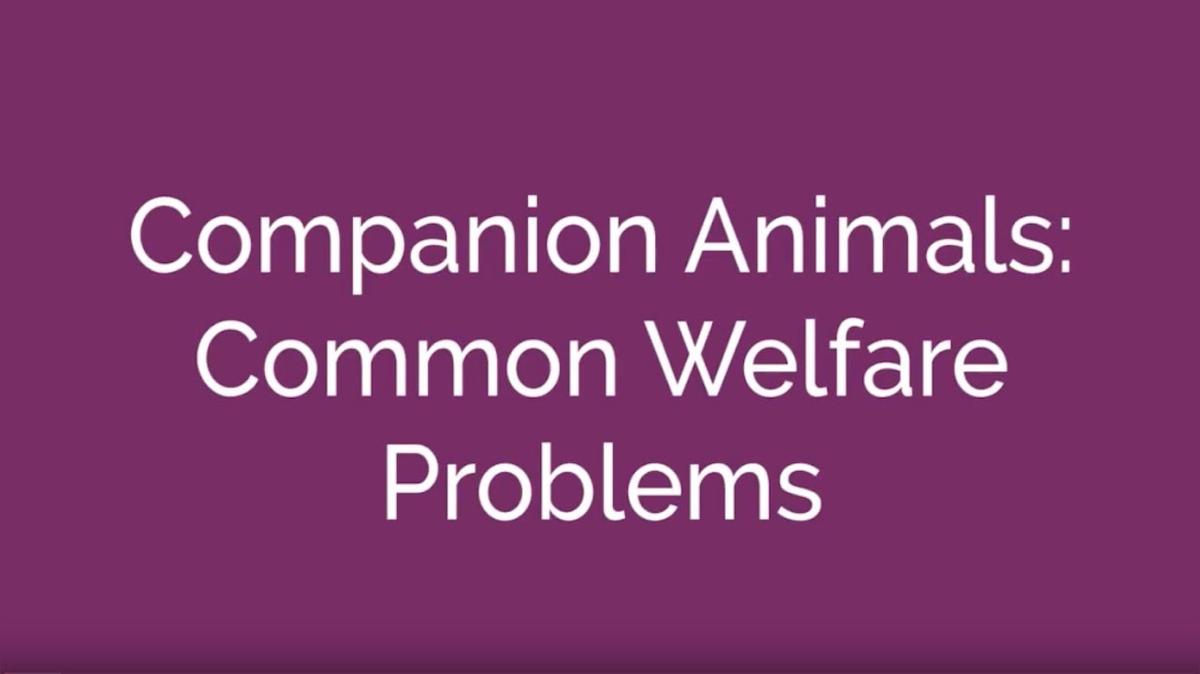
Reviews companion animal welfare problems, including neglect, problem behaviours, impacts on the human-animal bond and exotic animal ownership. Pet overpopulation topics include ‘puppy mills’, feral cats and population management strategies. Hereditary conformational disorders are discussed, as are cosmetic surgeries. Sport and working animals are discussed, including racing greyhounds and sled dogs. Finally, animal hoarding is reviewed.
06:52

Describes the methods and welfare problems associated with hunting and trapping, as well as adverse effects on gene pools, conservation and public health. Explores morally significant characteristics of cetaceans, such as advanced cognitive capacities, social relationships, communication abilities, and tool use. Describes the welfare problems caused by whaling, which is extremely inhumane.
03:42

Many thousands of greyhounds continue to be seriously injured whilst racing, and many of these are killed. Injuries and deaths are partly due to the speeds at which greyhounds race. They are the fastest breed of dog, able to maintain average running speeds of around 40 mph (65 km/h). However, many factors relate to the design of the tracks and races themselves, and are preventable. My report 'Injuries in Racing Greyhounds' at https://AndrewKnight.info (see 'reports'), describes the main causes of injuries and deaths, and the ways in which these risks could be minimised.
07:48

This study summarises a systematic review of 42 pieces of scientific literature, including virtually all animal welfare studies of captive tigers within circuses and zoos, published by 2023. After analysing the effects on each of the recognised five domains of animal welfare: nutrition, physical environment, health, behaviour and mental state, it was clear that circuses threaten the welfare of tigers.
⚙️ Subtitles available in English, German, Dutch and Spanish
Full study: Davies E and Knight A. Welfare implications for tigers in travelling circuses. Animals. 2024, 14(7), 1053 – access at...
06:16
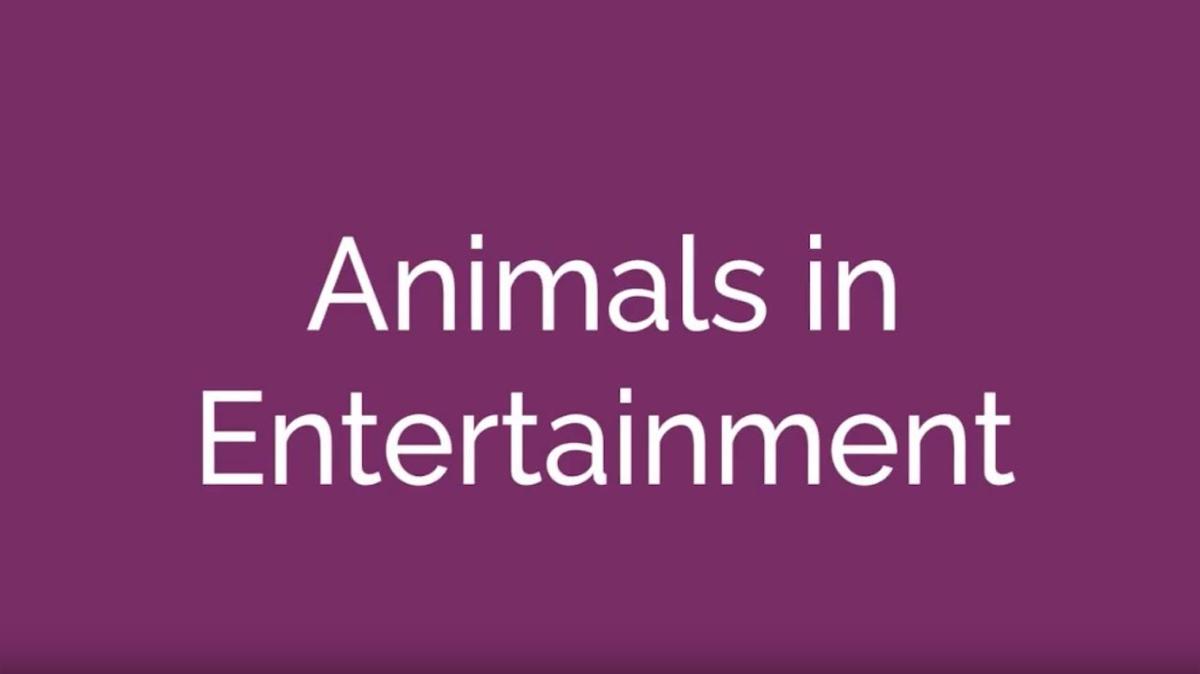
Summarises welfare problems associated with the use of animals in film, television and advertising, with tourist exhibits, rides and activities, with circuses, marine mammal performances and dolphinaria, and with organised fighting of bears, cocks and particularly, dogs.
05:11

Harmful animal use in education and training remains widespread among life and health sciences disciplines. Humane teaching alternatives include ethically-sourced cadavers, models, mannequins, mechanical simulators, videos, computer and virtual reality simulations, and supervised clinical and surgical experiences. In this study we assessed and summarized studies of their educational effectiveness, through the process of a systematic review. We found 50 published educational studies of students, within which humane teaching methods produced learning outcomes superior (30%), equivalent (60%),...
02:58

A Clinical Skills Laboratory (CSL) is important for teaching surgical and medical skills to veterinary and medical students. Our recent article at https://AndrewKnight.info and summarised here, describes steps and considerations important during the establishment of a successful CSL, based on our experiences in establishing and directing the state of the art CSL at Ross University School of Veterinary Medicine.
09:57
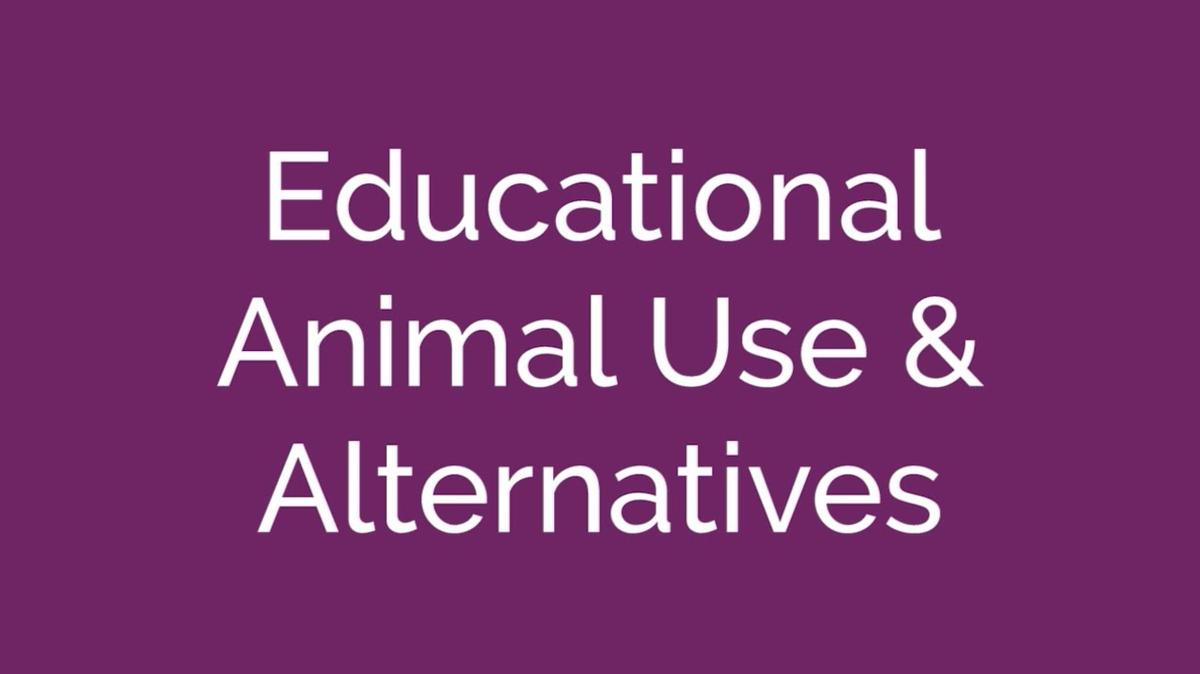
Describes the use of animals within life and health sciences education, humane alternatives, and evidence concerning the educational effectiveness of humane teaching methods compared to harmful animal use.
09:47
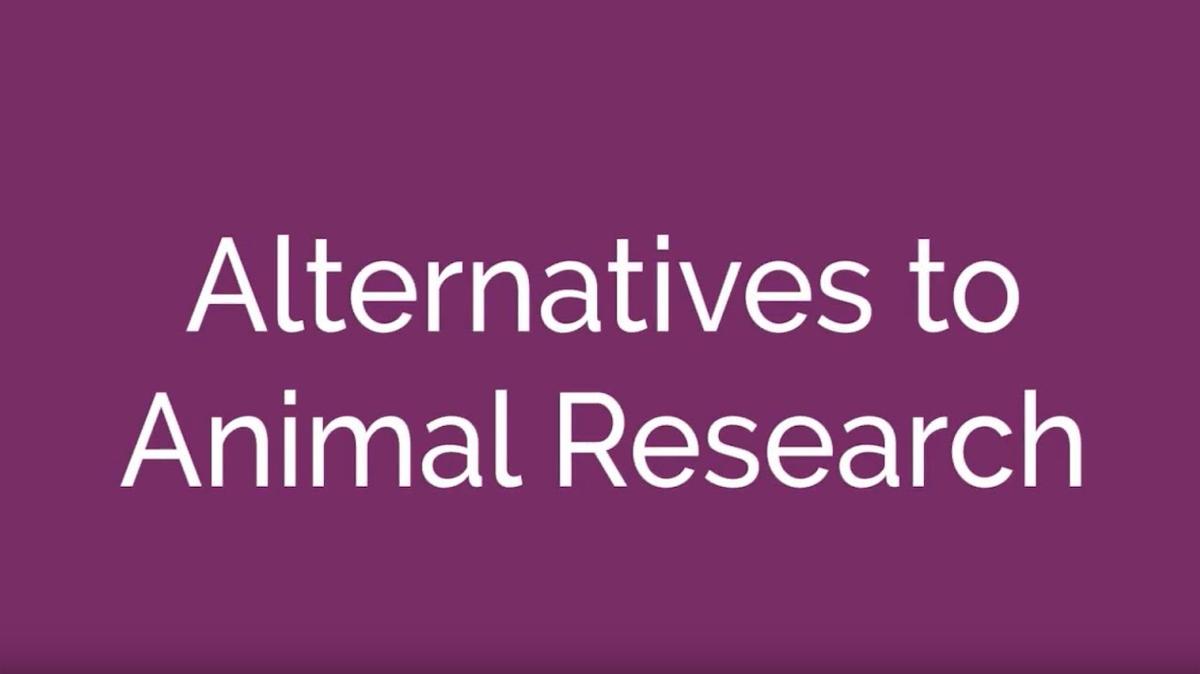
Reviews the 3Rs – the Replacement, Reduction and Refinement of laboratory animal use. Key replacement examples include the use of structure-activity relationships and expert systems, cell cultures, the ‘human on a chip’, gene chips, and strategies to increase the predictivity and safety of human clinical trials. Key reduction examples include statistical calculation of sample sizes and international harmonisation of test guidelines. Key refinement examples include the use of pain-killers, anaesthetics, and environmental enrichment.
05:17
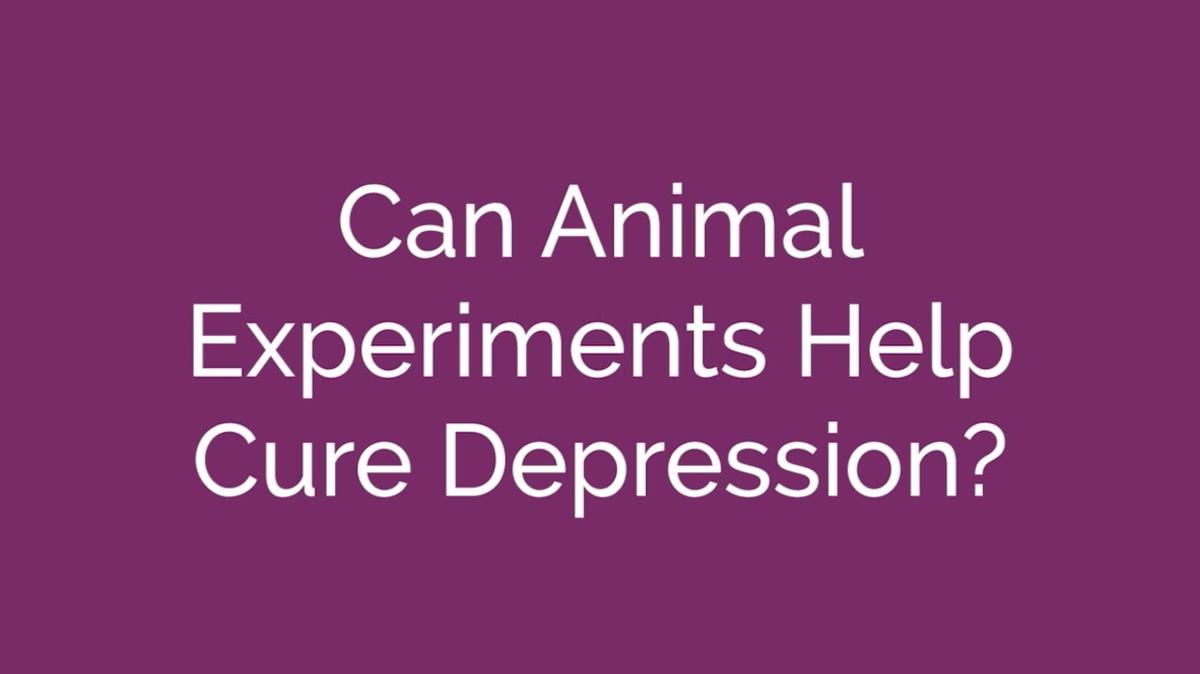
Can animal experiments help cure depression? Unfortunately not, because animal research contributes little to human medical developments in this field. Here, we summarise our studies of the contributions of different forms of research to advances in depression understanding and treatment. Our full papers may be found at https://rebrand.ly/2020/MDD-Front-Psych, https://rebrand.ly/2020/MDD-PLoS-ONE, https://rebrand.ly/2019/MDD and also at https://AndrewKnight.info.
04:44

Should we experiment on non-human primates (NHPs)? A short introduction to the harms and benefits of such research, and a call for greater protection of NHPs. Introduces our article: Carvalho, C., Gaspar, A., Knight, A., and Vicente, L. (2019). Ethical and scientific pitfalls concerning laboratory research with non-human primates, and possible solutions. Animals, 9(1), 12. https://www.mdpi.com/2076-2615/9/1/12 (also at https://AndrewKnight.info).
09:56
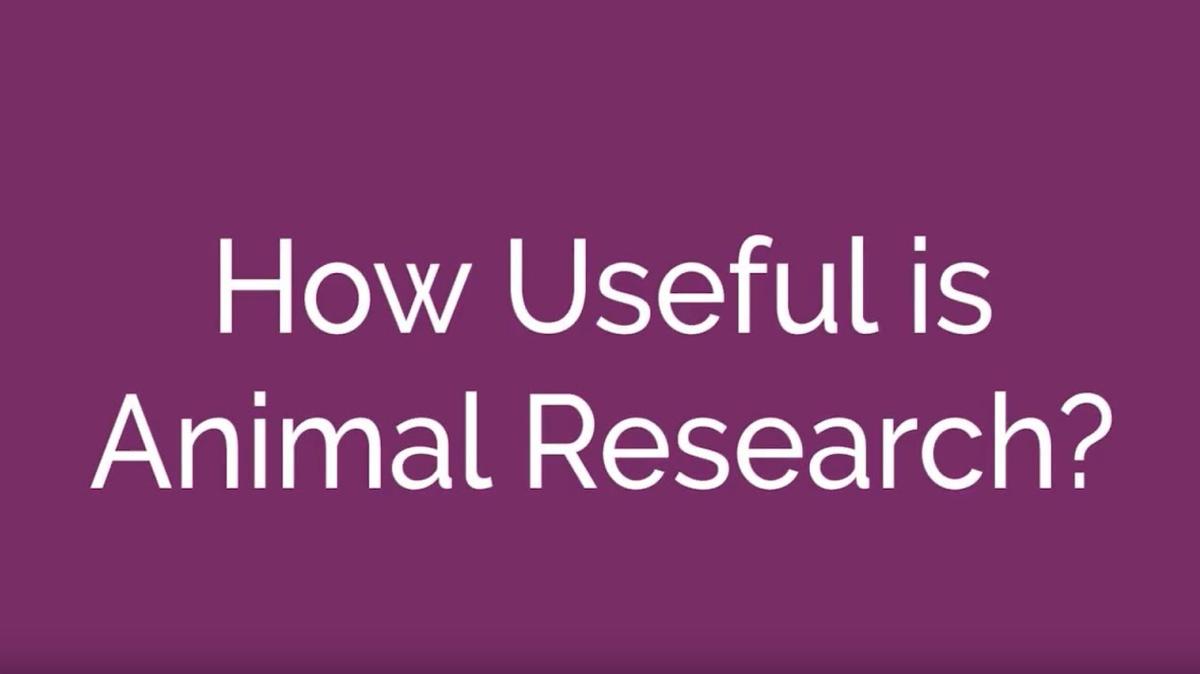
Systematic reviews have clearly demonstrated the limited human clinical and toxicological utility of animal experiments. This presentation briefly summarises this evidence, and reviews the reasons for the poor human predictivity of animal models. These include inherent differences between humans and animals, further exacerbated by the ways in which we use them – particularly, the stressful laboratory environments and procedures we subject animals to. Scientific flaws and sources of unconscious bias are widespread – undermining study reliability and reproducibility. Finally, publication bias...